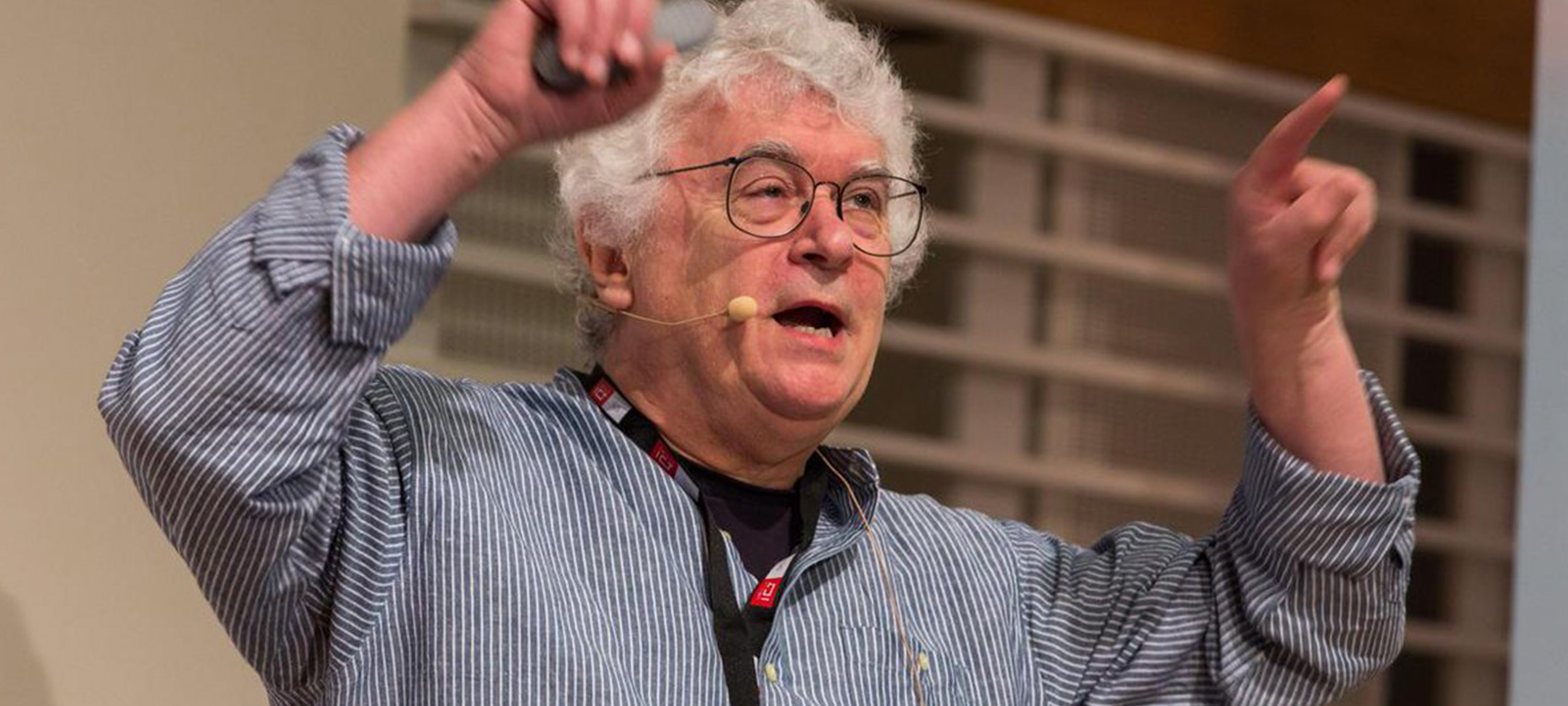25-year paper award for power-saving approach to high-performance computing
Mudge’s paper examined the power-saving needs of high-performance computing.

 Enlarge
Enlarge
A paper by Bredt Family Professor of Engineering Trevor Mudge that was first published in 2000 has been recognized for its lasting impact on computer design. The paper, “Power: A first class design constraint for future architectures,” earned the Most Impactful Paper Award at the International Conference on High-Performance Computing (HiPC) in December 2018.
The award was a part of the conference’s 25th year Silver Jubilee Celebration. A committee selected the papers thought to be most impactful of those published at HiPC since its first meeting. The committee looked at a large pool of papers, their citations across the years, and arrived at a shortlist of 25 papers. Ultimately, Mudge’s paper was selected among seven final winners.
Mudge’s paper examined the power-saving needs of high-performance computing. At the time, research on the constraints of power use were largely limited to the mobile and embedded platforms still in their early stages of development. Mudge argued that power would also be a limiting factor in general purpose high-performance computers, and should therefore be considered a “first class” design constraint on a par with performance.
As consequence, Mudge continued, the impact of architectural design decisions on power consumption would need to be considered early in the design cycle – at the same time their performance impact is considered. He summarized the key equations governing power and performance, and used them to illustrate some simple architectural ideas for power savings. The paper then presented two contrasting research directions where power would be important, and concluded with a discussion of the tools needed to conduct research into architecture-power trade-offs.
Subsequent to this paper’s publishing, power has been named a “first-class” design constraint that is a major concern for all types of computing.
 MENU
MENU 
